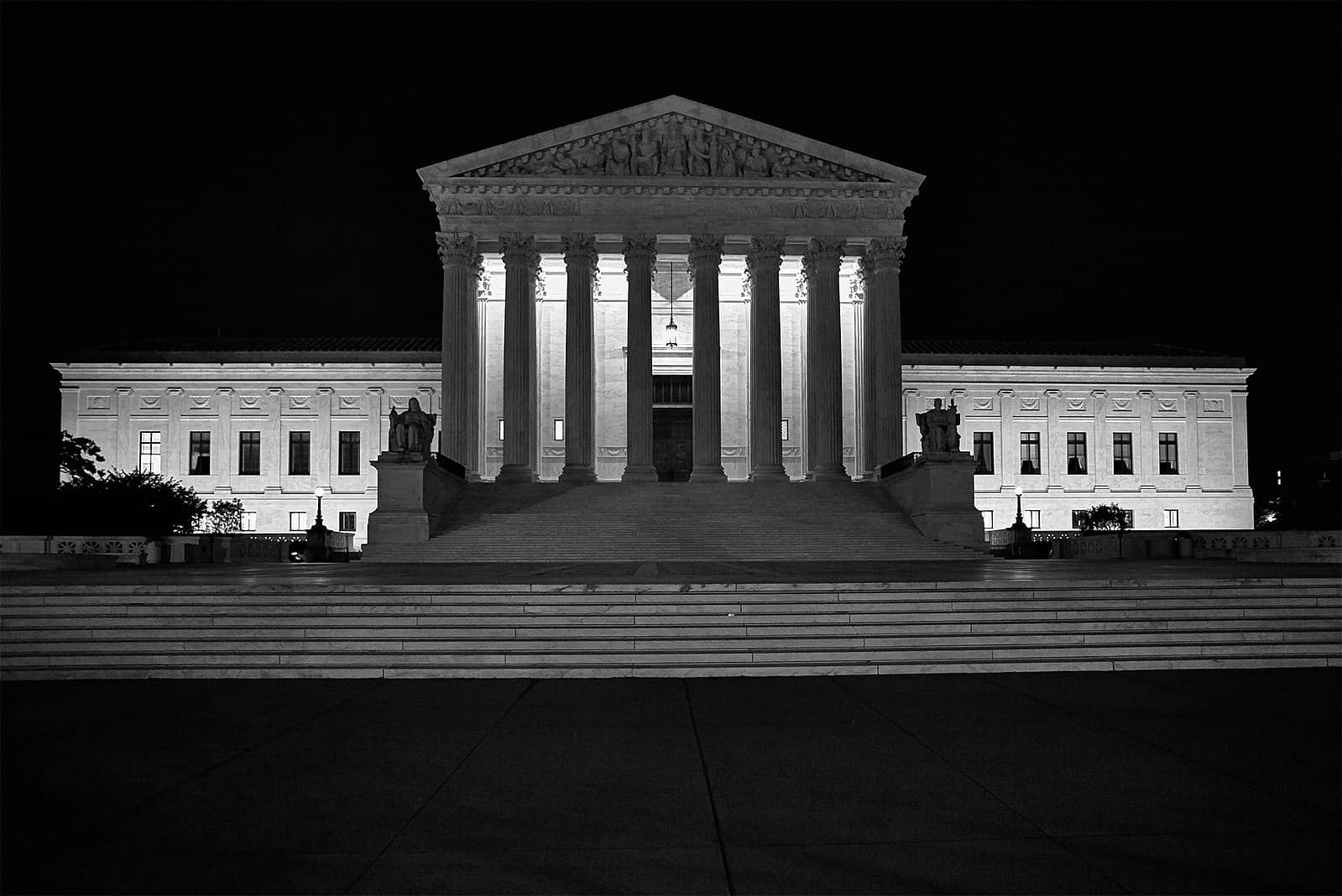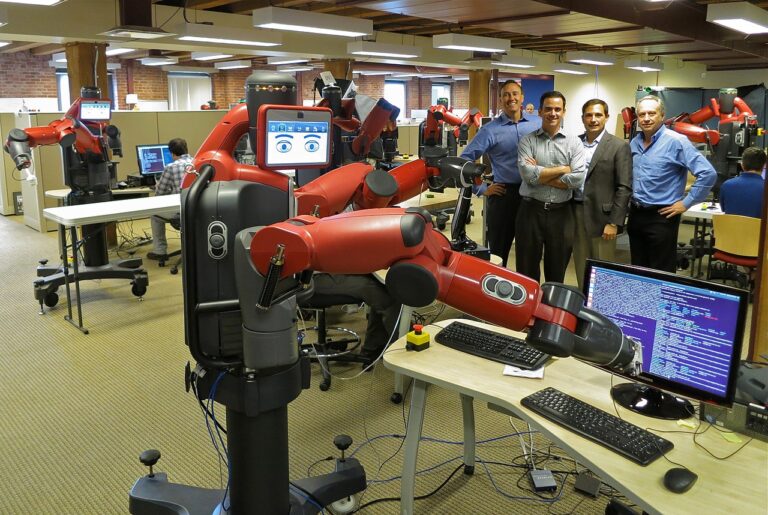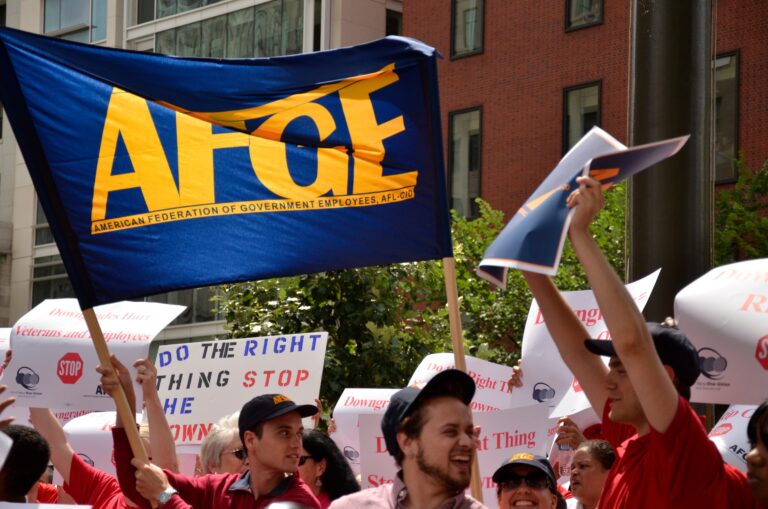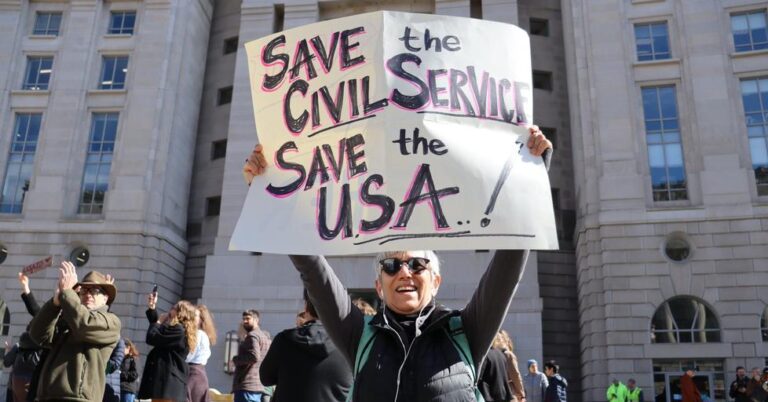
Fred Wang is a student at Harvard Law School.
Forced arbitration denies workers their day in court. Over the past few decades, the Supreme Court has made it increasingly difficult for workers to avoid arbitration. This month, the Court will hear three more cases involving arbitration-related disputes. The first — Morgan v. Sundance, Inc. — concerns whether an employee must make an additional showing of prejudice before a court will conclude that their employer waived its right to arbitrate. The second — Southwest Airlines Co. v. Saxon — asks whether an airline cargo loader is a worker engaged in interstate commerce and therefore exempt from the Federal Arbitration Act, a federal law compelling judicial enforcement of arbitration agreements. And finally, the third — Viking River Cruises, Inc. v. Moriana — contemplates whether states can empower workers who have signed arbitration agreements to still sue their employers for labor law violations on the state’s behalf.
Alto — a new, Dallas-based ride-hailing service — is using employee classification to distinguish itself from competitors like Uber and Lyft. The company promises to set “a new standard for rideshare.” It has its own fleet of luxury SUVs and aims to transition its vehicles to all electric next year. Most importantly, Alto is the first rideshare provider to staff its workforce with full-time employees with benefits and starting wages of $17 to $20 per hour. At a time where rideshare companies are under fire for aggressively pushing to misclassify drivers as “independent contractors,” Alto’s business model is looking to capitalize on a customer base that is more sensitive to workers’ rights.
Relatedly, Teamsters union leadership is backing a Uber- and Lyft-friendly worker-classification bill currently moving through the Washington State Legislature. The bill would legally classify gig workers as “independent contractors,” not employees — in exchange for meager benefits that fall short of the pay employees would be entitled to. Union leaders maintain that compromise now will stave off more aggressive Uber- and Lyft-backed initiatives in the future. But as a new piece in Jacobin argues, there is no promise that gig employers will stand down — and workers would be foolish to trust those who have “betrayed their promises to us and local legislatures time and time again.”






Daily News & Commentary
Start your day with our roundup of the latest labor developments. See all
December 5
Netflix set to acquire Warner Bros., Gen Z men are the most pro-union generation in history, and lawmakers introduce the “No Robot Bosses Act.”
December 4
Unionized journalists win arbitration concerning AI, Starbucks challenges two NLRB rulings in the Fifth Circuit, and Philadelphia transit workers resume contract negotiations.
December 3
The Trump administration seeks to appeal a federal judge’s order that protects the CBAs of employees within the federal workforce; the U.S. Department of Labor launches an initiative to investigate violations of the H-1B visa program; and a union files a petition to form a bargaining unit for employees at the Met.
December 2
Fourth Circuit rejects broad reading of NLRA’s managerial exception; OPM cancels reduced tuition program for federal employees; Starbucks will pay $39 million for violating New York City’s Fair Workweek law; Mamdani and Sanders join striking baristas outside a Brooklyn Starbucks.
December 1
California farmworkers defend state labor law, cities consider requiring companies to hire delivery drivers, Supreme Court takes FAA last-mile drivers case.
November 30
In today’s news and commentary, the MSPB issues its first precedential ruling since regaining a quorum; Amazon workers lead strikes and demonstrations in multiple countries; and Starbucks workers expand their indefinite strike to additional locations. Last week, the Merit Systems Protection Board (MSPB) released its first precedential decision in eight months. The MSPB had been […]